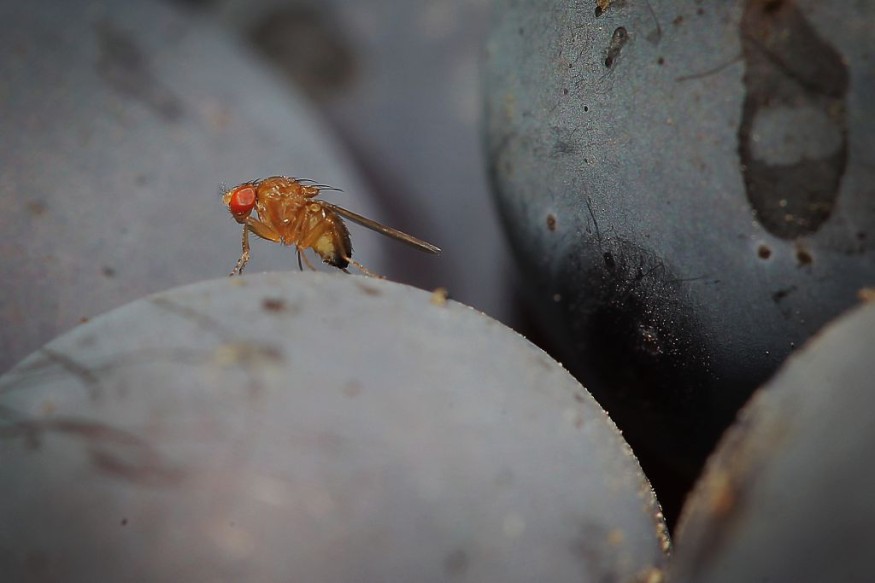Fruit flies have been found to exhaust their physical energy to mating instead of surviving on their own when infected by deadly pathogens such as bacteria, according to a new study.
The recent research acknowledged the fact that it has been long thought that a bacterial infection drains the affected organism's energy.
Mating over Survival

Various anecdotal evidence and research suggest that survival is a fundamental instinct when faced with danger or any life-threatening risks.
Evolutionary biology has taught us that the continuation and diversification of life are manifested by survival, a key factor when it comes to the proliferation of all living organisms.
This rationale is shown in a new study published in the Proceedings of the Royal Society B on Tuesday, May 10, wherein researchers from the University of Birmingham (UOB) in England found that both male and female fruit flies infected with bacterial pathogens show normal energy levels on courtship and mating.
The researchers were interested in further understanding how animals make it a priority and balance their energy levels in immune defense and reproduction.
This is due to the idea that animals have only limited energy resources, which are required to be distributed for various activities, such as fighting an infection or mating, according to Dr. Carolina Rezaval, the research team leader at UOB, as cited by Phys.org.
The study confirmed the fact some animals invest in reproduction to pass on their genes to the next generation of the evolutionary hierarchy.
The UOB team also collaborated with the Imperial College in London and the research institute IFIBYNE in Buenos Aires, Argentina.
Drosophila Fruit Fly
Widely known as the common fruit fly, Drosophila melanogaster belongs to the family Drosophilidae and phylum Arthropoda.
They have been designated with such name due to their tendency to feast on fruit, which is in a state of rotting or excessive ripening, as mentioned by the University of Kentucky (UKY) in Lexington, United States.
Members of this fruit fly family are also reportedly called small fruit flies, pomace flies, or vinegar flies.
The insects are also attracted to rotting bananas, onions, potatoes, and other unrefrigerated products from the grocery store, UKY adds.
In the UK-based study, the UOB researchers used the Drosophila melanogaster as a sample species and surprisingly discovered it does not matter if the infected is a male or female fruit fly.
Regardless, the infected winged insects still exhibited courtship and mating behaviors similar to uninfected flies.
Evolution Theory
In Charles Darwin's theory of evolution by natural selection, organisms, in general, produce more offspring than they are able to survive in their environment, as explained by the National Geographic.
In the underlying theoretical principle of "survival of the fittest," the theory suggested that reproduction by itself is also a "form of survival" rather than a single organism surviving only.
With this, the UK researchers imply that this is the case for the fruit flies.
What made the study unique is the fact that their behavior towards reproduction is enduring amidst a lethal bacterial infection.
Related Article: Study Shows How Fruit Flies Adapted in a Rapidly Changing World
© 2025 NatureWorldNews.com All rights reserved. Do not reproduce without permission.





